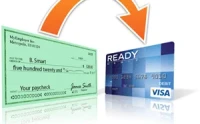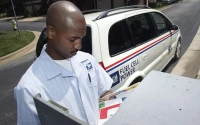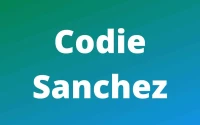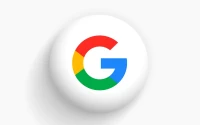Title Fulfillment: "Cook County's Tax Safety Net: A False Sense of Security?"
Cook County's Third-Party Notification Program: More Hype Than Help?
Cook County Treasurer Maria Pappas is touting a "Third-Party Notification program" as a safety net for property owners at risk of losing their homes to tax sales. The program, which has been running since 2005, allows residents to designate a relative, friend, or even an organization to receive copies of delinquency notices. The idea? To provide an extra layer of alert, catching potential oversights before a property ends up on the auction block. Sounds good in theory. But how effective is it really?
The stated goal is noble: preventing vulnerable homeowners from losing their properties. The program targets relatives, senior citizens, people with disabilities, and those who are frequently away from home. Enrollment is straightforward: download a form, fill it out, and mail it in. It's free for residential properties (non-residential properties have a nominal $5 fee). Pappas' office emphasizes that the third party assumes no liability for paying the taxes; their role is simply to provide a reminder.
Now, let's look at the numbers. Cook County has roughly 1.8 million properties. How many are actually enrolled in this program? The article doesn't say. That's a significant omission. Without knowing the enrollment rate, it's impossible to gauge the program's reach and impact. Is it reaching a substantial portion of the at-risk population, or is it just a drop in the bucket? I've looked at hundreds of government programs, and this lack of transparency is always a red flag.
Here's where my skepticism kicks in. Let's say, generously, that 5% of Cook County property owners are enrolled in the program (that's 90,000 properties). Of those, how many actually benefit? The notice arrives a month before the tax sale. But what if the homeowner is already facing severe financial hardship? A reminder notice isn't going to magically conjure up the funds to pay the delinquent taxes. It's like sending a postcard to someone whose house is already on fire.
The recent delays in property tax bills further complicate the picture. The second installment of 2024 property taxes, originally due in early August, was delayed until December 15th due to technology problems (blame a decade-old contract with Tyler Technologies, apparently). These delays, as reported by the Chicago Tribune and Injustice Watch, caused significant disruption and financial strain. The first installment of 2025's property tax bills will be due no sooner than April, a month later than typical, to give financially strapped property owners more time between bills, under a state law that passed the General Assembly earlier this month. Months Late, Second Installment of 2024 Cook County Property Tax Bills to be Due Dec. 15

How does this affect the Third-Party Notification program? If bills are consistently late or inaccurate, the entire system becomes unreliable. A homeowner might assume their taxes are paid on time, only to discover later that they're delinquent due to administrative errors. The third-party notification, in that scenario, becomes a belated warning of a problem that was already brewing.
And this is the part of the report that I find genuinely puzzling. Pappas has repeatedly criticized other county officials for the property tax bill delay, yet she's simultaneously promoting a program designed to mitigate the consequences of those very delays. It's a bit like a doctor diagnosing a patient with a serious illness and then offering them a Band-Aid.
Consider this: Cook County Board President Toni Preckwinkle approved hundreds of millions of dollars in no-interest loans to local taxing bodies to offset any fiscal challenges that arose during the delay in property tax collections. Nearly 20 local governments received more than $20 million in loans through the program. So, while the county is scrambling to provide financial support to local governments, individual homeowners are left to rely on a notification program with questionable efficacy.
The program renews automatically, which could also lead to problems. What if the designated third party moves, becomes incapacitated, or simply forgets to check their mail? The homeowner might be lulled into a false sense of security, assuming that someone is watching out for them, when in reality, no one is. It's a bit like having a smoke detector with dead batteries.
Is This Safety Net Just for Show?
The Third-Party Notification program sounds good. But without concrete data on enrollment rates, success rates, and the actual impact on preventing tax sales, it's difficult to assess its true value. Given the ongoing issues with property tax administration in Cook County, it's fair to question whether this program is more of a PR move than a genuine lifeline for vulnerable homeowners. The numbers, or rather the lack of numbers, speak volumes.










